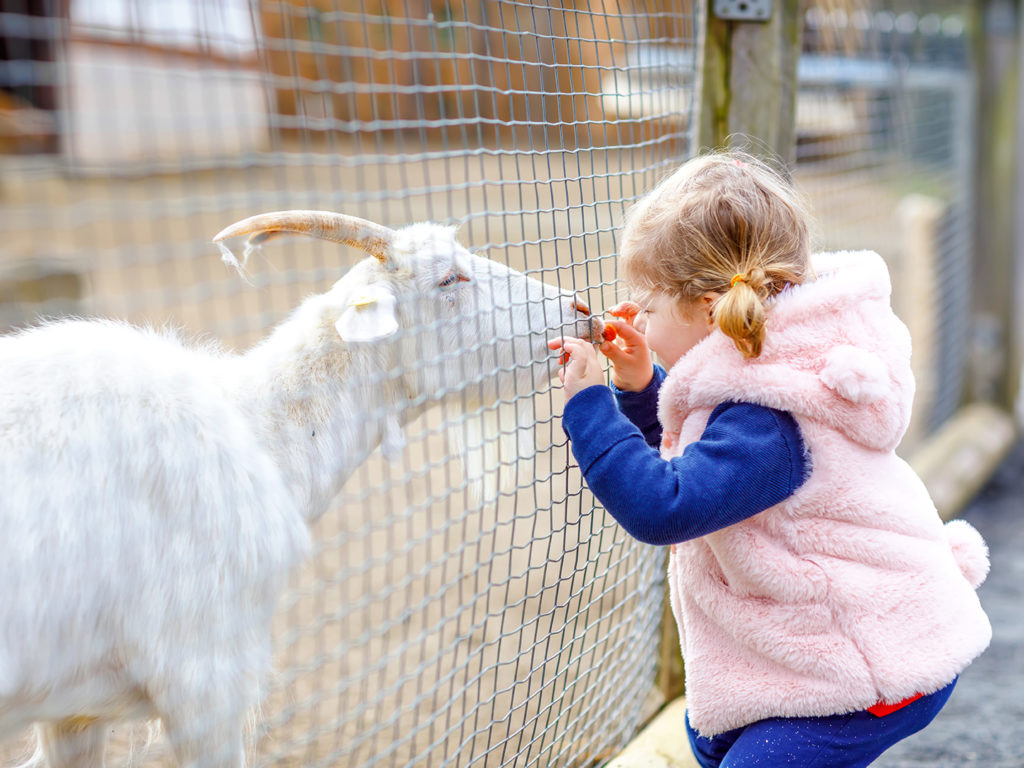Keep Your Family Safe From Dangerous E. coli

While many animals—including humans—have harmless strains of E. coli living inside their gastrointestinal tracts, a dangerous form that often makes headlines is E. coli 0157, which can cause serious illness in people.
Although E. coli 0157 outbreaks are usually caused by contaminated vegetables, meats, or other foods, these bacteria can also be spread by live animals.
Practicing good hygiene around animals is one of the best ways to prevent an E. coli infection, according to Pam Douglas, infection control coordinator at the Texas A&M College of Veterinary Medicine & Biomedical Sciences’ Veterinary Medical Teaching Hospital.
“Animals like cows, goats, sheep, and deer can carry E. coli in their stomachs and shed the germs in their feces,” Douglas said. “The germs can live on their skin or fur and in the areas where they live or are housed.”
The most common symptom of E. coli infection in animals is diarrhea, but the bacteria often do not cause any signs of illness; therefore, even if an animal looks healthy and clean, and even if it is your own animal, there is still a chance it can spread the bacteria.
“People can get E. coli when they touch an infected animal or a contaminated surface and then their mouths,” Douglas said. “The best way to prevent E. coli infection is to wash your hands.”
The best course of action is to wash your hands as soon as possible after touching animals, their food, or any supplies in their environment; after visiting places like petting zoos and farms where animals live and roam (even if you did not touch an animal); and after removing shoes and clothes that have been worn around animals or their environments.
“Other ways to stay healthy include not eating, drinking, or preparing food around animals, as well as cleaning the areas where animals have been,” Douglas said.
If an owner notices that their animal has diarrhea or is otherwise concerned that it might be carrying E. coli, they should seek advice and/or treatment from a veterinarian.
Douglas also recommends visiting the Centers for Disease Control and Prevention’s website on E. coli for more information.
As long as proper precautions are taken, there should not be any danger from interacting with animals that could potentially be carrying E. coli. Like many germs, this one can be easily defeated simply by washing your hands.
Pet Talk is a service of the College of Veterinary Medicine & Biomedical Sciences, Texas A&M University. Stories can be viewed on the web at vetmed.tamu.edu/news/pet-talk. Suggestions for future topics may be directed to editor@cvm.tamu.edu.


